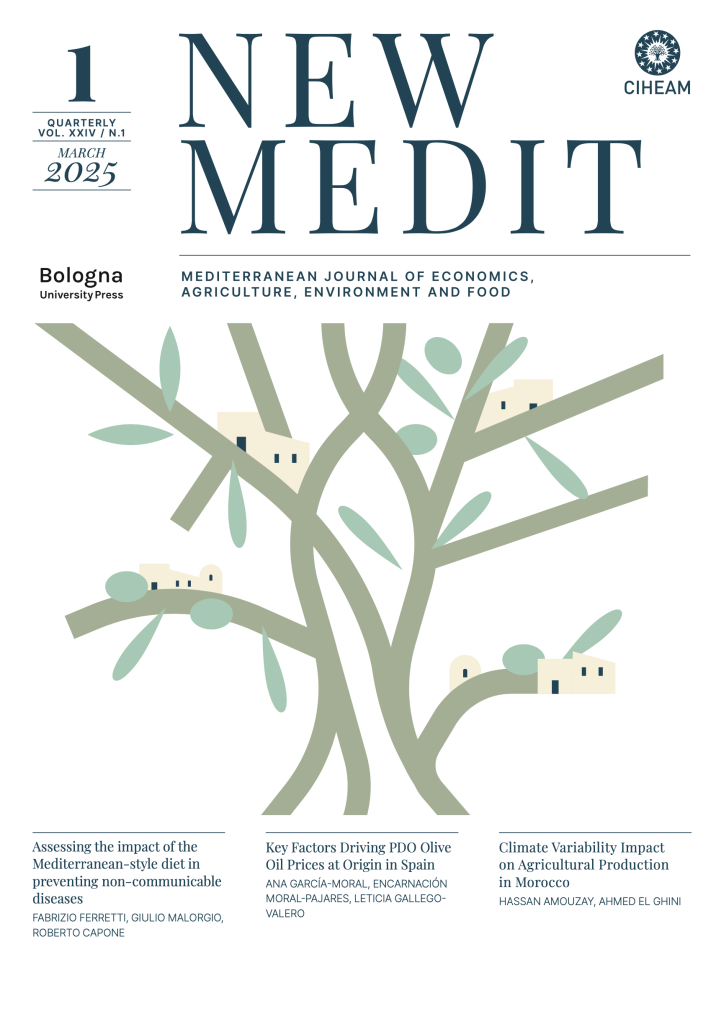Trust building and social capital as development policy tools in rural areas. An empirical analysis: the case of the LAG CDNISAT
New Medit, vol 9, n.1, (March 2010), pp. 24-30
Language: EN
Jel classification: Q180, Q190, O210
Over the last few years, the literature on rural development has widely demonstrated that social capital is an essential factor to starting and maintaining durable economic development processes especially in disadvantaged rural areas. Indeed, the Local Action Groups (LAGs) elaborate and implement Local Development Plans (LDPs) aiming at involving socio-economic bodies and local communities in a relational network based on trust so that social capital may be built and/or increased and virtuous development mechanisms triggered. The empirical model thus defined was applied in order to investigate the relational process and trust-building dynamics implemented by the LAG Consortium for the Development of the Northern Ionian Sea Area of Taranto (CDNISAT). The aim of this research is to verify the capacity of LAGs to contribute towards the creation of social capital in rural areas where it is scarce by means of developing a fiduciary relationship network. The applied methodology allowed us to measure the level of trust created by the LAG within the relationships among socio-economic bodies that benefited from the measures implemented through the Local Development Plans (LDPs) as well as to identify what factors -more than others- influenced the process of achieving adequate levels of trust within the action strategies of LAGs. The results were very significant as they highlighted how the LAGs good performance on building trust-based networks was limited only to the beneficiaries of the Development Plan, whereas its action proved to be only partially effective in creating an atmosphere of collective trust at local level.
rural development, social capital, fiduciary relationships











